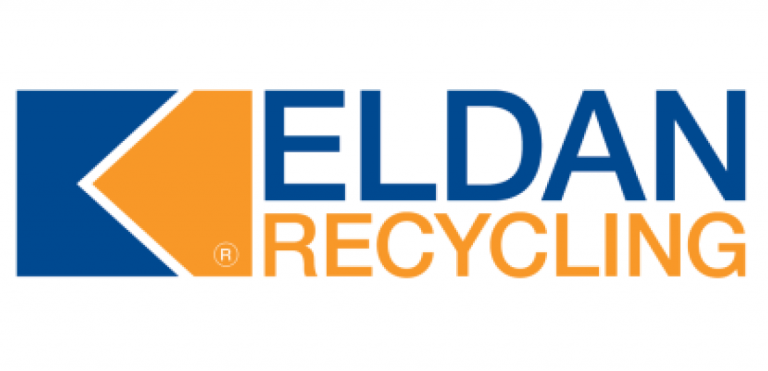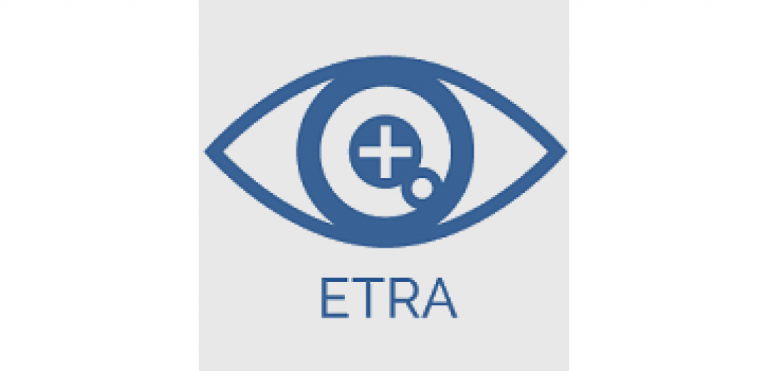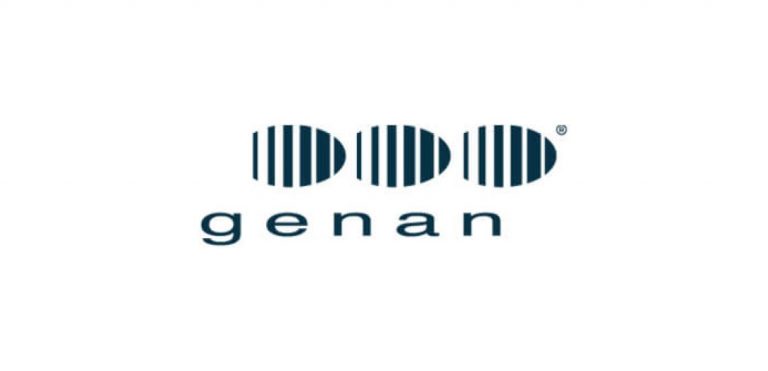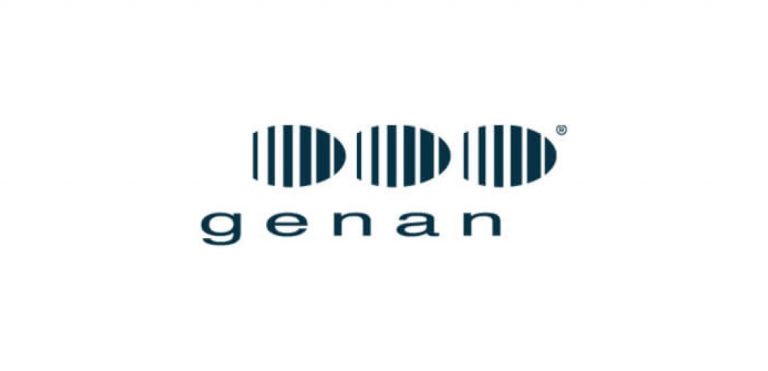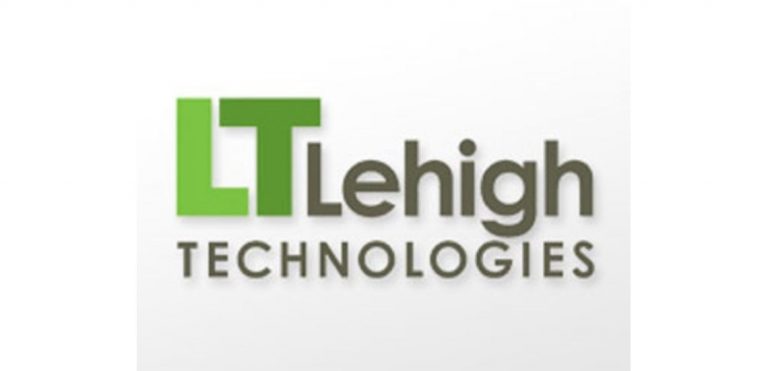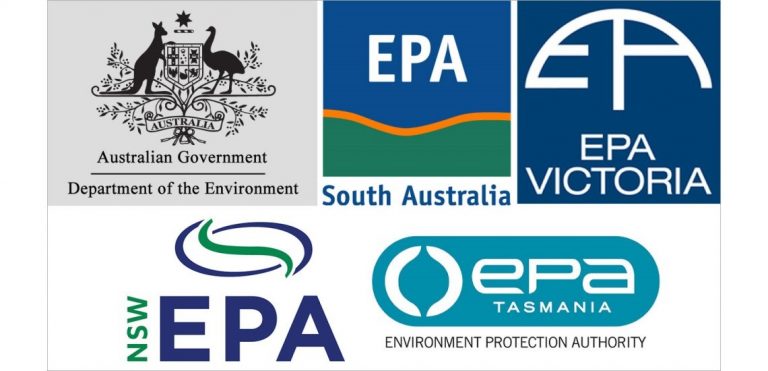The ongoing dispute in California (and other US states) continues as claims that artificial turf infill made from crumb rubber constitutes a health risk.
Artificial Turf Fields Still Creating a Ripple Across Various U.S. States
The politicians have now taken the cause into their remit and a local state senator has called for the banning of artificial turf fields that use rubber from used tyres amid concerns that the fields could be linked to cancer and other illnesses.
State Sen. Jerry Hill proposed a bill last month that would prevent cities and school districts from installing artificial turf fields that use granulated chunks of used tyres, known as crumb rubber or styrene-butadiene (SBR) rubber, for the next three years. The bill also proposes that the state conduct a comprehensive study on the health effects of crumb rubber on the people who use the fields.
Hill introduced the bill after growing concerns from the public that the rubber surfaces on turf fields could be increasing the number of cases of leukaemia and lymphoma among young athletes, as well as prostate, testicular and other cancers.
The Mountain View-Los Altos school district installed new artificial turf fields at both Mountain View and Los Altos high schools over the summer, both of which include a layer of crumb rubber. The turf manufacturer, Field Turf, maintains that there are no associated health effects to using the rubber, according to Mike Mathiesen, associate superintendent of business services for the district.
US studies on the health effects of the crumb rubber fields, so far, have been anything but conclusive. The Environmental Protection Agency conducted a study in 2009 and found that the concentration of dangerous compounds was below the “level of concern,” according to the EPA website. But by the EPA’s own admission, the study was very limited — it only looked at four sites — and should not be used to “reach any comprehensive conclusion.”
The 30 chemicals that can be found in the crumb rubber include benzothiazole and trichloroethylene (TCE), compounds known to cause adverse health effects, as well as mercury, arsenic and lead, according to the EPA.
Hill’s bill would seek to fill the holes left by the EPA study. Instead of four fields, the study would examine at least 20 and would look specifically at whether the low-level concentrations of toxic compounds and materials can cause leukaemia, cancer and other illnesses. It would also examine alternative turf materials, like used shoes, cork, and rice husks.
The study would be funded by money from the California Tire Recycling Management Fund.



















